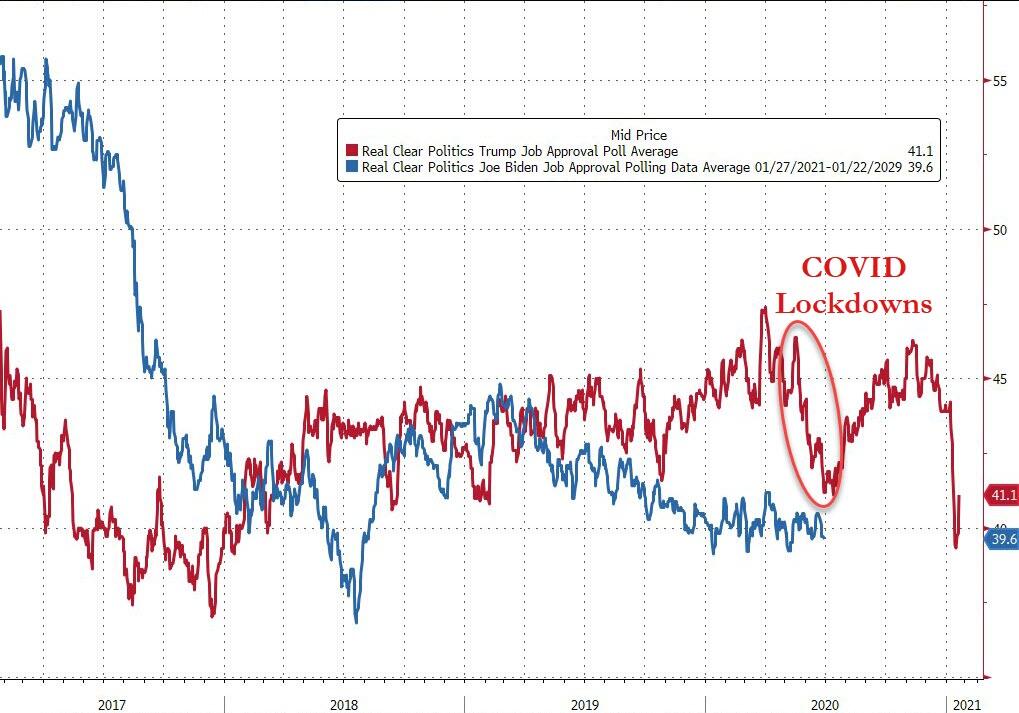While it remains to be seen if or when the BIOSECURE Act will become law, the proposed legislation has already impacted the biopharma industry’s confidence in Chinese firms, according to a recent survey by consultancy LEK.
According to Tuesday’s report, the confidence of U.S.-based life science companies in working with Chinese firms tanked by 30% to 50% in the months after the bill was introduced in Congress. LEK conducted its survey from May 24 to June 7, 2024, after the House Oversight Committee approved a draft of the BIOSECURE Act but before it was excluded from proposed amendments to the National Defense Authorization Act spending bill for fiscal year 2025.
Introduced in January 2024 by Reps. Mike Gallaghher (R-Wis.) and Raja Krishnamoorthi (D-Ill.), the BIOSECURE Act is meant to keep taxpayer dollars away from “foreign adversary biotech companies” which pose national security threats to the U.S. In May 2024, lawmakers introduced an amended bill with a grandfather clause that would allow existing contracts with Chinese firms until Jan. 1, 2032.
LEK expects contract development and manufacturing organizations—those involved primarily in manufacturing drug substances, as well as the innovation and development activities that typically take place before production—to be the hardest hit.
Biopharma companies are already starting to adjust their activities, with 68% of survey respondents saying that they have implemented interventions such as boosting compliance and legal requirements, planning to diversify suppliers and adding layers of background checks for existing partners.
While the BIOSECURE Act has named only five companies so far—WuXi Apptec, WuXi Biologics, Beijing Genomics Institute, MGI and Complete Genomics—26% of life science respondents indicated plans to shift away from their current Chinese suppliers. Still, only 2% have so far taken concrete steps toward this end, according to LEK.
Nevertheless, despite the increasingly fraught relationship between China and the U.S., several companies find the Chinese market to be an attractive opportunity and are still keen to collaborate on commercialization. A substantial proportion of respondents—around 30%—also remain open to clinical development partnerships, particularly over the next three years.
Outside the U.S., the BIOSECURE Act has also eroded industry confidence in Chinese companies, though to a much lesser extent, according to LEK. Conversely, the bill could represent a promising opportunity to service providers from Japan and Korea who are rising to meet the new demand in third-party manufacturers from other countries.

